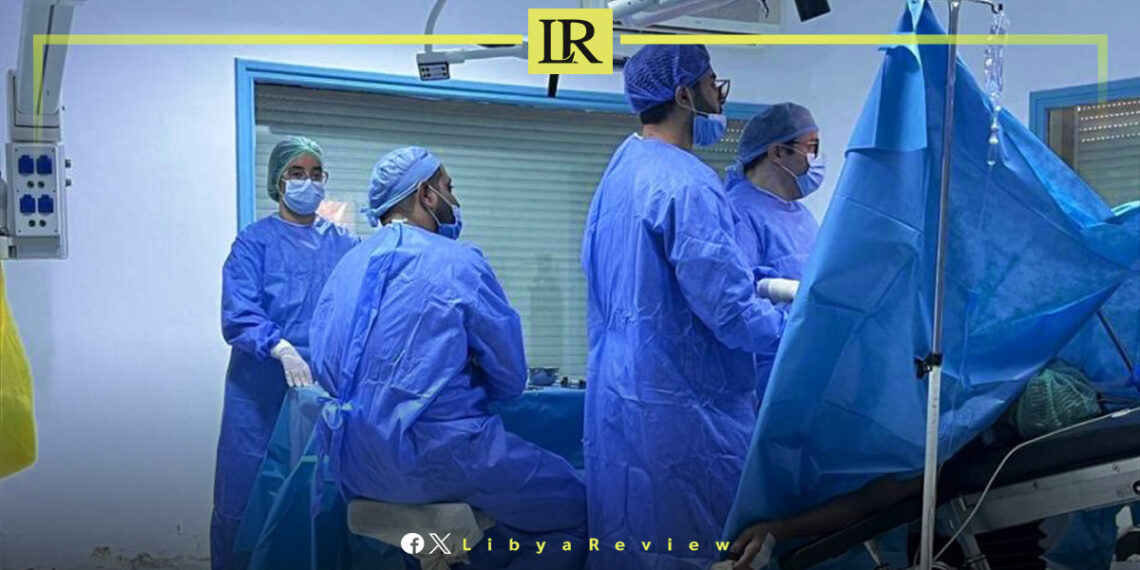Tunisian private clinics have warned that they can no longer continue treating Libyan patients covered by the state until outstanding debts are settled. According to the Tunisian Union of Private Clinics, unpaid bills for Libyan patients have exceeded $112 million, accumulated over more than a decade.
For years, Tunisia has been the primary medical destination for Libyans, offering advanced treatment and specialized surgeries not always available in Libya due to the fragile health system. The suspension or restriction of services is now raising fears of a humanitarian crisis for patients who depend on Tunisian healthcare.
The debts date back to 2011, when Libya’s successive governments signed agreements to cover the costs of patients referred abroad for treatment. Despite repeated pledges from Libyan authorities to resolve the issue, payments have remained delayed, leaving more than 60 Tunisian clinics financially strained.
The head of the Tunisian clinics’ union, Boubaker Zakhama, confirmed that the healthcare sector is suffering severe financial pressure and called on Libyan officials to act swiftly. Tunisian medical facilities argue they cannot sustain operations without settlement of these long overdue bills.
The dispute has left Libyan families caught in limbo. Many patients, especially those with chronic illnesses and cancer, rely heavily on Tunisian hospitals for life-saving care. Reports indicate that while some clinics continue to accept urgent cases, others are demanding upfront payments from patients until the government clears its dues.
Libyan patients and civil society groups have voiced frustration, stressing that political and bureaucratic delays are punishing ordinary citizens in need of urgent healthcare.
Libyan medical authorities have acknowledged the debt but cite administrative and financial hurdles as reasons for the delay. Meanwhile, Tunisian officials are pressing for immediate repayment, warning that failure to do so could permanently damage Libya-Tunisia medical cooperation.
Unless a settlement is reached soon, observers warn that the suspension of treatment could escalate into a wider humanitarian problem, depriving thousands of Libyans of essential healthcare in Tunisia.


